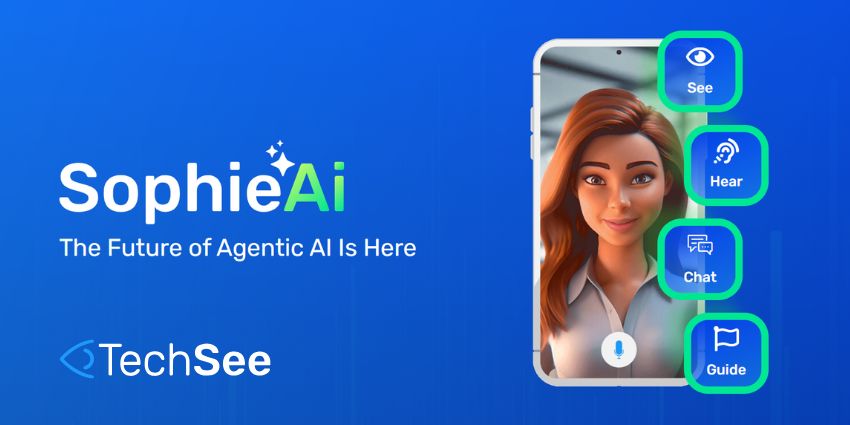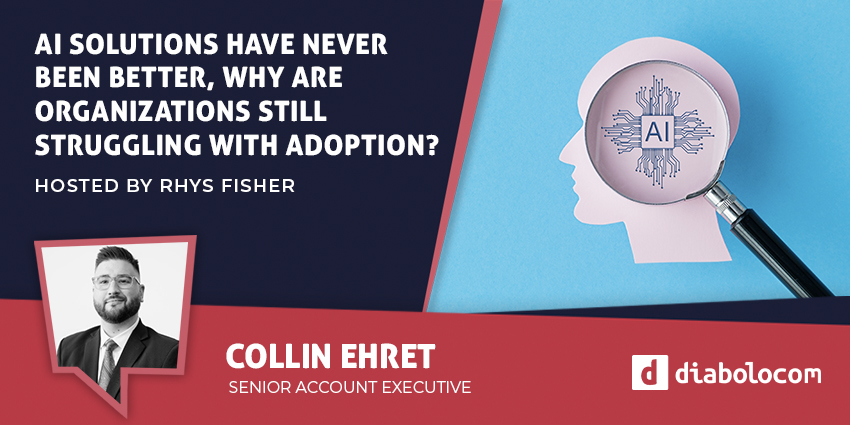According to Gregor Campbell, a Senior Enterprise Development Manager at Odigo, there are three facets to proactive knowledge management:
- Confirming that agents are aware of and accessing the latest information
- Ensuring that employees are using the latest tone of voice and branding
- Presenting relevant knowledge articles to agents in real-time
The first two ideas highlight that a knowledge base is not something the contact centre can set up and walk away from. It needs continuous review and management processes to proactively ensure that the knowledge remains relevant to CX. After all, a functional knowledge base must reflect business experience, market and technological advances as well as adapt to data analytics and customer feedback.
Knowledge base KPIs allow managers to view the most common queries agents enter into the knowledge base and which articles they use. Such analytics-enabled KPIs highlight critical improvement opportunities, assess which resources perform the best and the impact of knowledge base changes.
As the knowledge base of an organisation changes, these developments should be reflected in a single up-to-date centralised resource. This maintains visibility across departments and clear standards of care. Of course, many knowledge management techniques proactively empower the contact centre to keep content up-to-date and relevant. These include:
- Setting expiring dates for knowledge articles, so analysts periodically check whether the content is still relevant
- Cutting back the content length, so agents can quickly action the advice. If they require more information, they can click elsewhere
- Opening up a knowledge forum, enabling employees to highlight significant knowledge base gaps and pinpoint other potential problems
However, even with a well-thought-through set of knowledge articles, gaps in a knowledge base may remain. It is also possible that jargon could make the best advice feel inaccessible. Therefore, knowledge management needs to be a team investment.
Create knowledge resources with expert advice but get agent and customer reviews to ensure they are functional. Have knowledge amnesties where agents can submit their own personal cheat sheets or mini-scripts to be standardised for everyone’s benefit. In doing so, the contact centre begins a process of engaging agents in knowledge base content creation. For Campbell, doing so is crucial to the success of any knowledge project. He says:
“Have the team write or edit knowledge articles and apply KPIs to the process, so reward, recognition and relevance help engage teams, rather than dictating to them.”
Also, Gregor recommends that managers: “Open knowledge management up to other departments so – for example – shipping could edit all knowledge articles that relate to deliveries, and so on.” Contact centres may then proactively spot and eliminate content issues that hinder CX.
A clear strategy can then be underpinned with technology to develop a proactive approach that benefits customers and agents alike.
Turn to AI for Proactive Knowledge Recommendations
Agent-assist – a bot that aids agents in handling queries – is becoming a popular contact centre tool to simplify employee experiences through the power of natural language understanding (NLU) and robotic process automation (RPA).
The bot tracks conversations in real-time, understanding context, and delving into the knowledge base to proactively feed agents with articles that are relevant to ongoing conversations.
These proactive alerts appear as pop-ups on the agent desktop, informing agent responses and removing the need to scour the knowledge base. Not only does this improve CX through streamlining the customer conversation, but it also simplifies agent experiences.
Such a consideration is crucial to lowering stress levels, as agents can suddenly find themselves in deep water when the necessary information is not readily available. This can be accentuated in a WFH environment when there quite literally is no one to turn to.
A 2018 Gartner study found contact centre agents use an average of 8.2 different systems and tools to resolve customer interactions every day, adding unnecessary complexity. Proactive knowledge notifications can mitigate this, but it is still far from the ideal of an integrated ecosystem that includes solutions such as CCaaS, CRM and UC. Contact centres can then supplement agent-assist and add further functionalities. For example, the operation can set up alerts if a customer is coming up for renewal. With this knowledge, agents can broach the topic and decrease customer churn.
So, avoid thinking of the knowledge base in isolation. Connect it with agent-assist and other technologies to enhance holistic employee experiences.
Finally, think about sharing knowledge base insights across the company. These often highlight significant pain points, which stem from poor processes in other departments. If addressed, companies can proactively decrease contact volumes and lower customer effort.
Odigo is one of Europe’s largest CCaaS providers. Offering AI-infused innovation for agent assist and open integration with several other leading solutions, contact centres can share knowledge and empower agents. To learn more, speak to a member of their friendly team.







